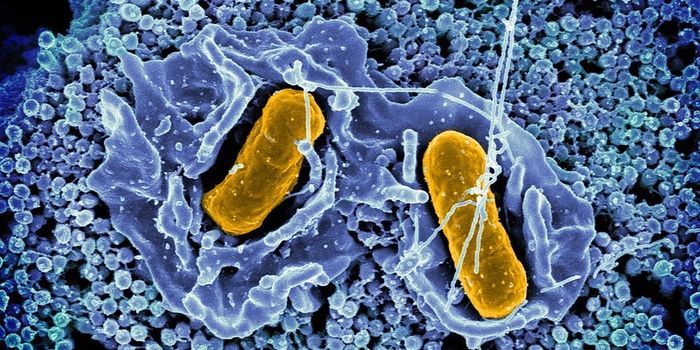When faced with the choice of a hamburger and fries or a piece of strawberry shortcake, which would you choose?
We all have our own different tastes and food preferences. Some prefer salty snacks to sweet ones. Others wouldn’t think twice about ice cream over chips. There have always been arguments for a genetic basis for some food preference behaviors, but we haven’t been able to pinpoint any specific influencing pathway.
Successful food intake studies include leptin experiments on feeling full or remaining hungry after a meal but no real causation tests have been done relating behavioral food preference to specific genes. Dr. Sadaf Farooqi, professor of neuroscience at University of Cambridge, and her team have recently associated a gene discovered to cause food preference changes in mice to the same preferences in humans.
Pathways in the hypothalamus, brainstem and mesolimbic system have been shown to play a crucial role in the regulation of eating behavior. Previous studies working on melanocortin-4-receptor (MC4R)-expressing neurons in the hypothalamus have associated MC4R mutations with inherited human obesity, though exact mechanisms had still yet to be determined.
Additional behavior studies demonstrate that melanocortin-4-receptor (MC4R)-expressing neurons in mice can modulate food intake and preference. Results suggest that mutations in MC4R lead to increased food consumption and preference for a high fat diet, as well as reduced consumption of high sugar foods. The outcome of these studies points to food preference as a genetically determined characteristic in certain cases of obesity. Dr. Farooqi set out to investigate the same behavior association in humans.
Farooqi and her team tested MC4R deficient individuals and found they were similar in phenotype to MC4R deficient mice. The team then set out to find if these individuals have an altered preference for high fat and low sucrose content foods. The fat preference test consisted of a choice of three meals, ranging from low fat content to high fat content, with little change in appearance or taste. The sugar preference test involved a choice between three similar desserts with varying sugar levels.
Compared to obese and lean controls with fully functioning MC4R protein, individuals with MC4R mutations showed an increased preference for high fat food and a decreased preference for sugary food. Although the “liking” scores were similar across all three meal choices for all groups, MC4R deficient individuals consumed 95% more of the high fat meal than the lean group, and 65% more than obese controls. The MC4R deficient group also ate significantly less dessert in total than either of the other groups.
These results support those previously found in mice and are evidence of a genetic influence to food preference in humans. This is the first study to directly link genetics to food behavior, and could have profound effects on therapy development for metabolic diseases.
Sources:
Nature,
Popular Science,
University of Cambridge









